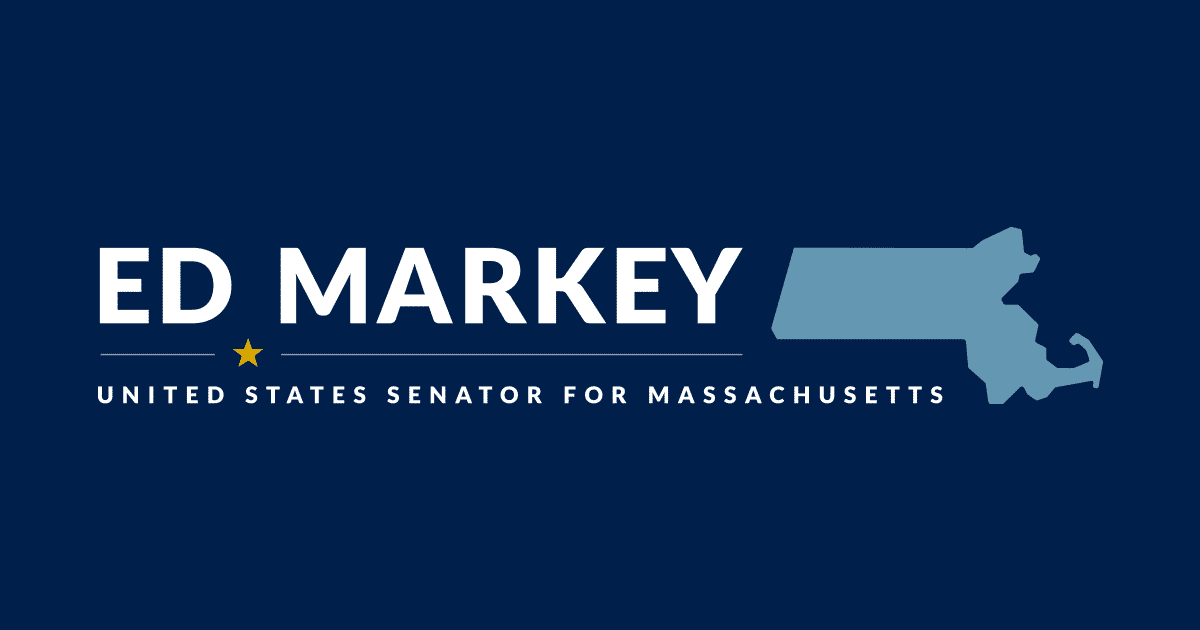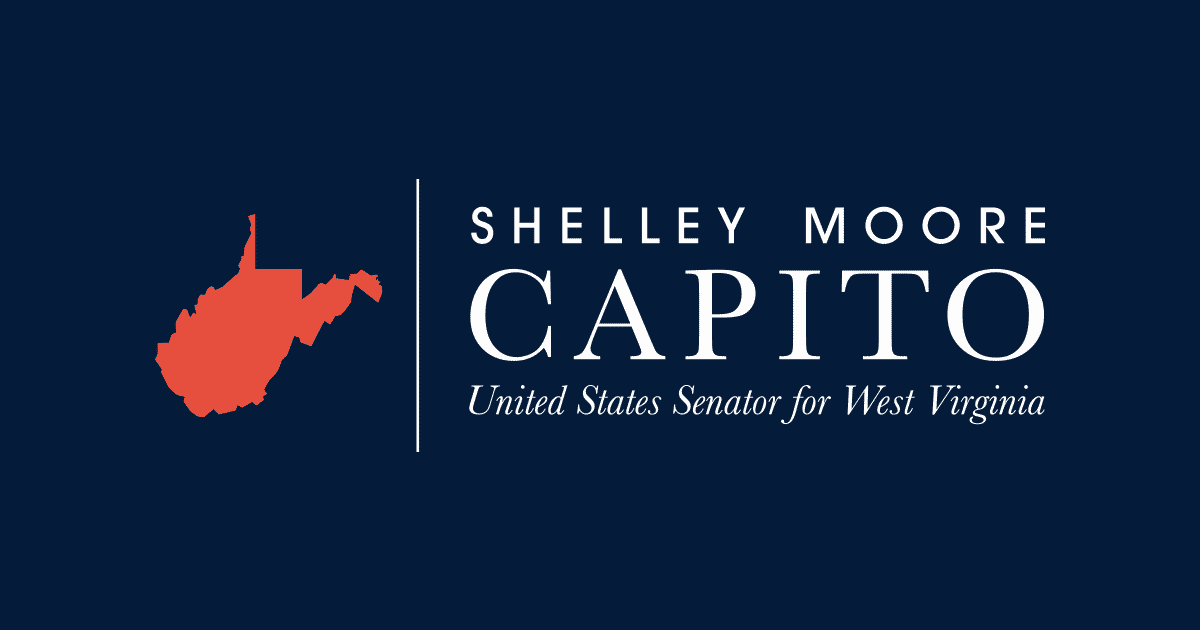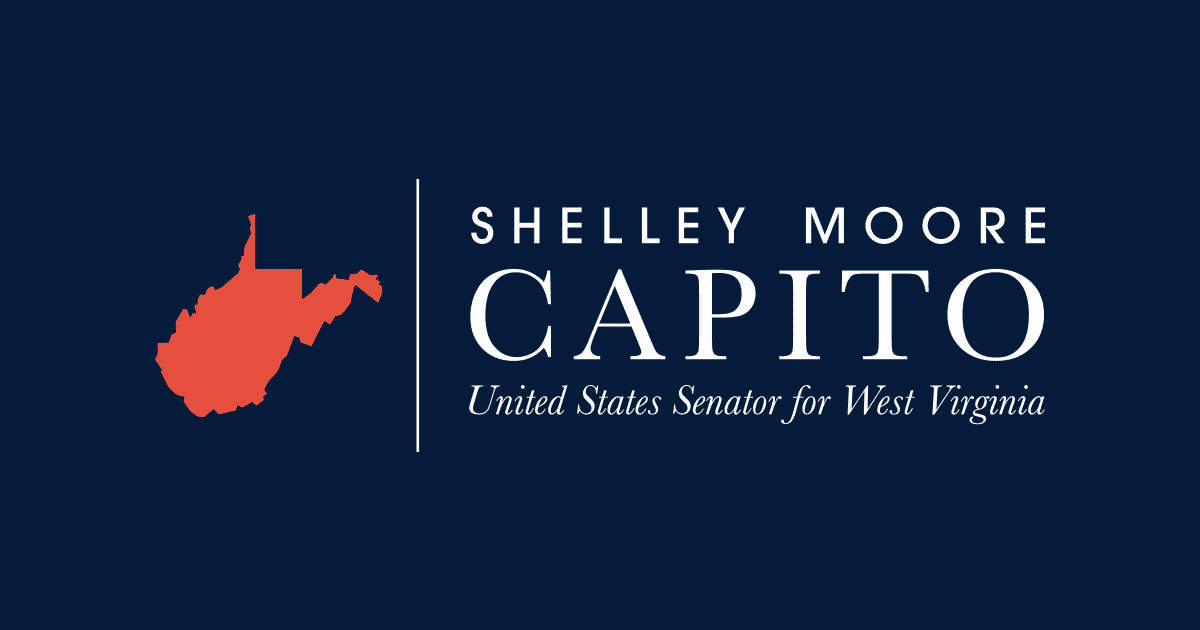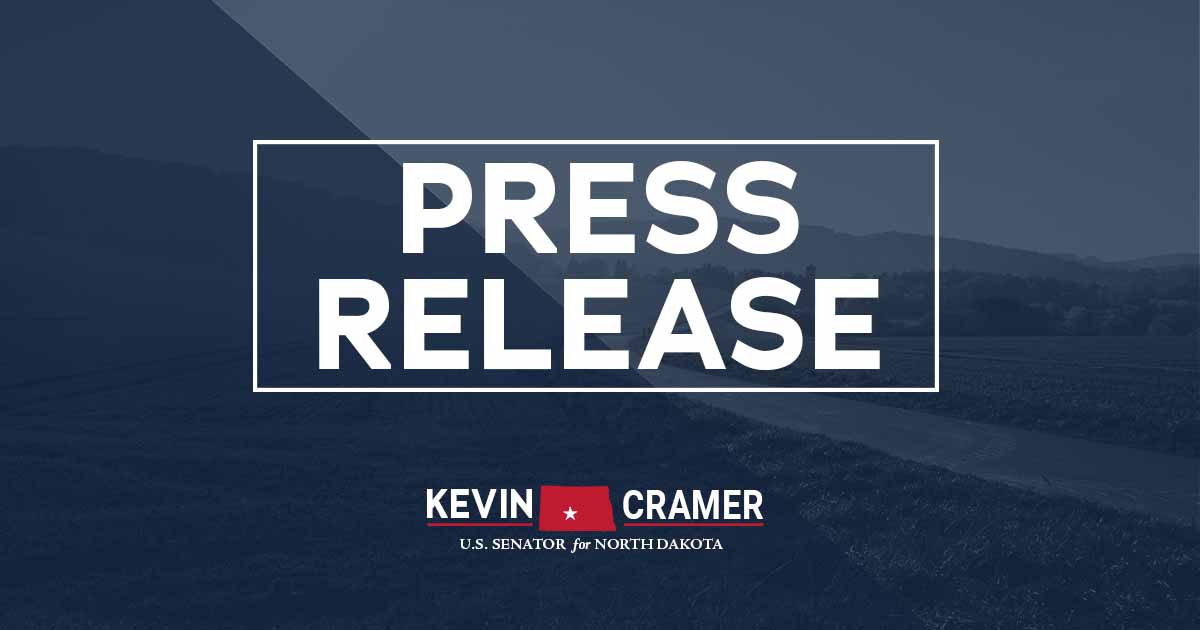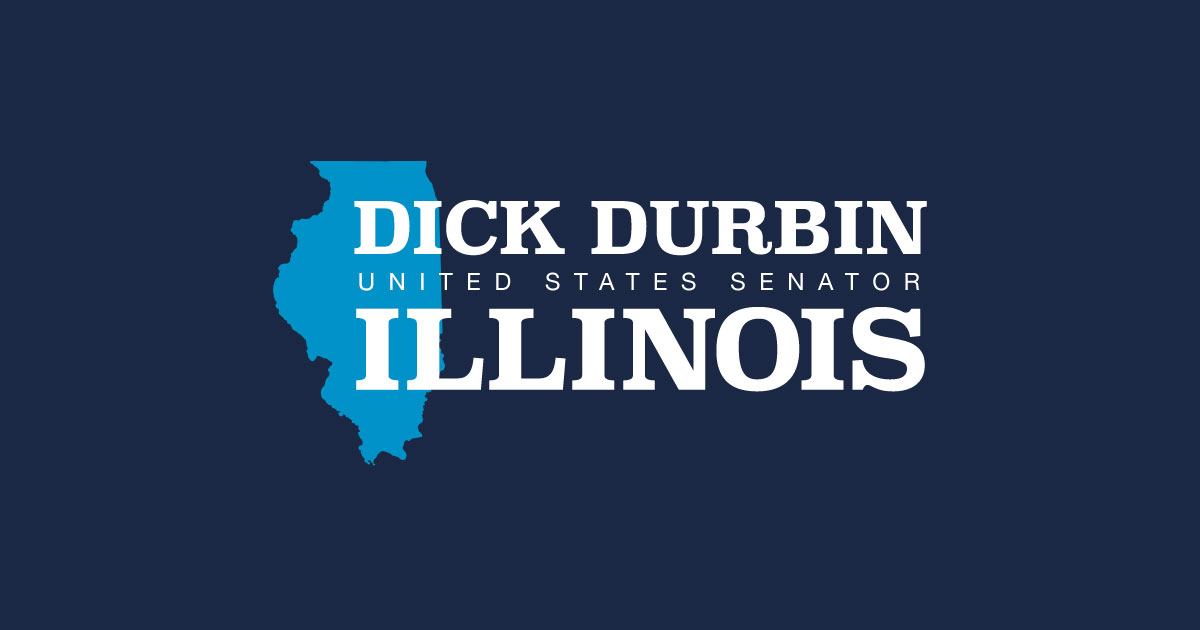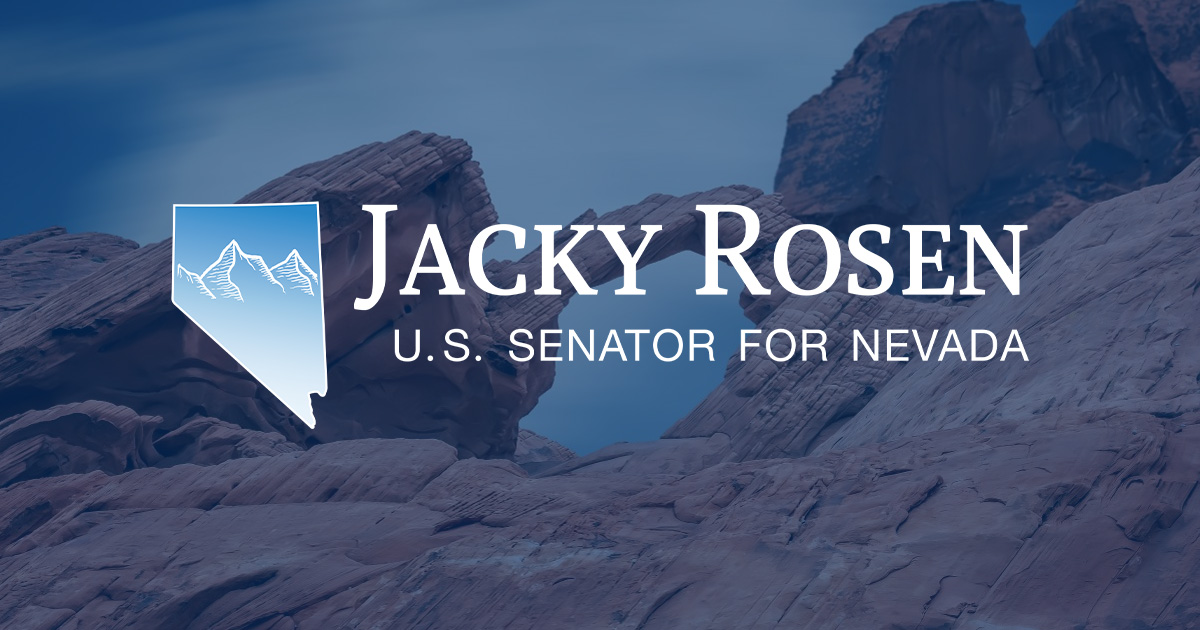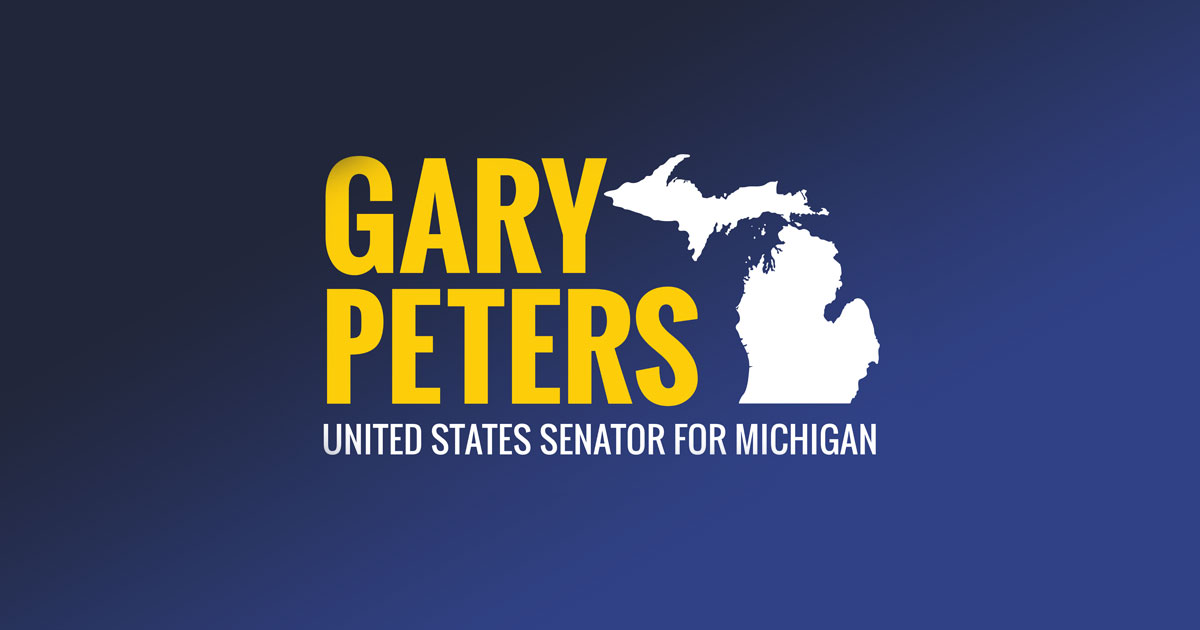Source: United States Senator for Massachusetts Ed Markey
“As the country continues to navigate the [monkeypox public health emergency], the United States public health system remains on the frontlines in identifying MPV cases, informing Americans about access to vaccines and therapeutics, and connecting our constituents to necessary medical care and resources.”
Washington (August 10, 2022) – Senator Edward J. Markey (D-Mass.) joined a group of his colleagues led by Senator Jeff Merkley (D-Ore.) in sending a letter to Senate Majority Leader Charles Schumer (D-N.Y.) and Minority Leader Mitch McConnell (R-Ky.) urging the Senators to include critical funding to address the monkeypox (MPV)/orthopoxvirus Public Health Emergency (PHE) in any forthcoming legislative package in the 117th Congress.
“As of August 9, 2022, there have been over 9,492 confirmed MPV/orthopoxvirus cases in the United States from when the first case in the current outbreak was identified on May 18, 2022,” wrote the Senators. “The current outbreak in the United States is the largest in the world by case count in the current global outbreak—which has been declared a Public Health Emergency of International Concern by the World Health Organization—and the largest in the nation’s history.”
In their letter, the Senators spotlight that the United States public health system remains on the frontlines in identifying MPV cases, informing Americans about access to vaccines and therapeutics, and connecting constituents to necessary medical care and resources. Yet this system continues to be strained by the COVID-19 pandemic and underfunded.
“MPV testing efforts are currently encountering processing and collection barriers that have led to underreporting of cases and poor data to aid the federal government in directing necessary resources in an appropriate manner,” they continued. “Additionally, as both a prophylaxis and treatment, acquiring and administering vaccines swiftly is crucial to stemming the spread of MPV and protecting all communities across the United States. Finally, clinics and providers are facing additional barriers in clinical services supplies, education for providers to properly identify MPV, vaccines, testing supplies, contact tracing, and community outreach to bolster our public health response to MPV, and ensure that accurate and adequate information is reaching our constituents.”
This letter comes less than a month after Merkley led 22 colleagues on a separate letter sounding the alarm on MPV vaccine access inequities.
Senators Jack Reed (D-R.I.), Tammy Duckworth (D-Ill.), Michael Bennet (D-Colo.), Cory Booker (D-N.J.), Kirsten Gillibrand (D-N.Y.), Chris Van Hollen (D-Md.), Richard Blumenthal (D-Conn.), Elizabeth Warren (D-Mass.), Tammy Baldwin (D-Wis.), Sheldon Whitehouse (D-R.I.), Bernie Sanders (I-Vt.), and Amy Klobuchar (D-Minn.) also joined the letter led by Senator Merkley.
In reaction to the Senators’ letter, David C. Harvey, Executive Director of the National Coalition of STD Directors, said: “The nation’s sexual health clinics have been managing frontline testing, treatment, and vaccination for monkeypox without adequate resources, staffing, or supplies, blunting the impact of federal efforts to address the outbreak. The success of the national response hinges on whether these clinics get the resources they need to help patients access expanded testing, treatment, and vaccines.”
Full text of the letter can be found here and follows below:
Dear Majority Leader Schumer and Minority Leader McConnell:
We write today to express concern over the rising number of monkeypox virus (hereon referred to as MPV) cases in the United States, and to urge you to include funding to address this Public Health Emergency (PHE) in any forthcoming legislative package in the 117th Congress.
As of August 9, 2022, there have been over 9,492 confirmed MPV/orthopoxvirus cases in the United States from when the first case in the current outbreak was identified on May 18, 2022. The current outbreak in the United States is the largest in the world by case count in the current global outbreak—which has been declared a Public Health Emergency of International Concern by the World Health Organization—and the largest in the nation’s history. As such, the outbreak was declared a national PHE by the Department of Health and Human Services on August 4, 2022. Nevertheless, we recognize that many experts have stated that the current number of cases is likely an undercount due to a gap in provider knowledge, limited access to information and testing, as well as social stigma that may increase reluctance to seek medical care.
As the country continues to navigate the MPV PHE, the United States public health system remains on the frontlines in identifying MPV cases, informing Americans about access to vaccines and therapeutics, and connecting our constituents to necessary medical care and resources. A recent survey conducted by the National Coalition of STD Directors of more than 100 clinics nationwide—including Federally Qualified Health Centers (FQHCs), reproductive and sexual health clinics, and primary care providers—demonstrates that our country’s health professionals have the willingness and expertise to play a central role in the MPV response, and are already being called upon to do so. However, these care providers are in dire need of additional resources to scale an appropriate response and prevent the spread of the virus.
MPV testing efforts are currently encountering processing and collection barriers that have led to underreporting of cases and poor data to aid the federal government in directing necessary resources in an appropriate manner. Additionally, as both a prophylaxis and treatment, acquiring and administering vaccines swiftly is crucial to stemming the spread of MPV and protecting all communities across the United States. Finally, clinics and providers are facing additional barriers in clinical services supplies, education for providers to properly identify MPV, vaccines, testing supplies, contact tracing, and community outreach to bolster our public health response to MPV, and ensure that accurate and adequate information is reaching our constituents.
We appreciate the work that Senators Leahy, Murray, and Coons have undertaken to develop and introduce an emergency supplemental funding bill to address the ongoing COVID-19 pandemic and other emerging disease that pose a significant threat to public health, and we ask you to include additional funding in any forthcoming legislative package to address the MPV PHE in our communities.
Thank you for your attention and partnership in addressing this public health concern.
###
